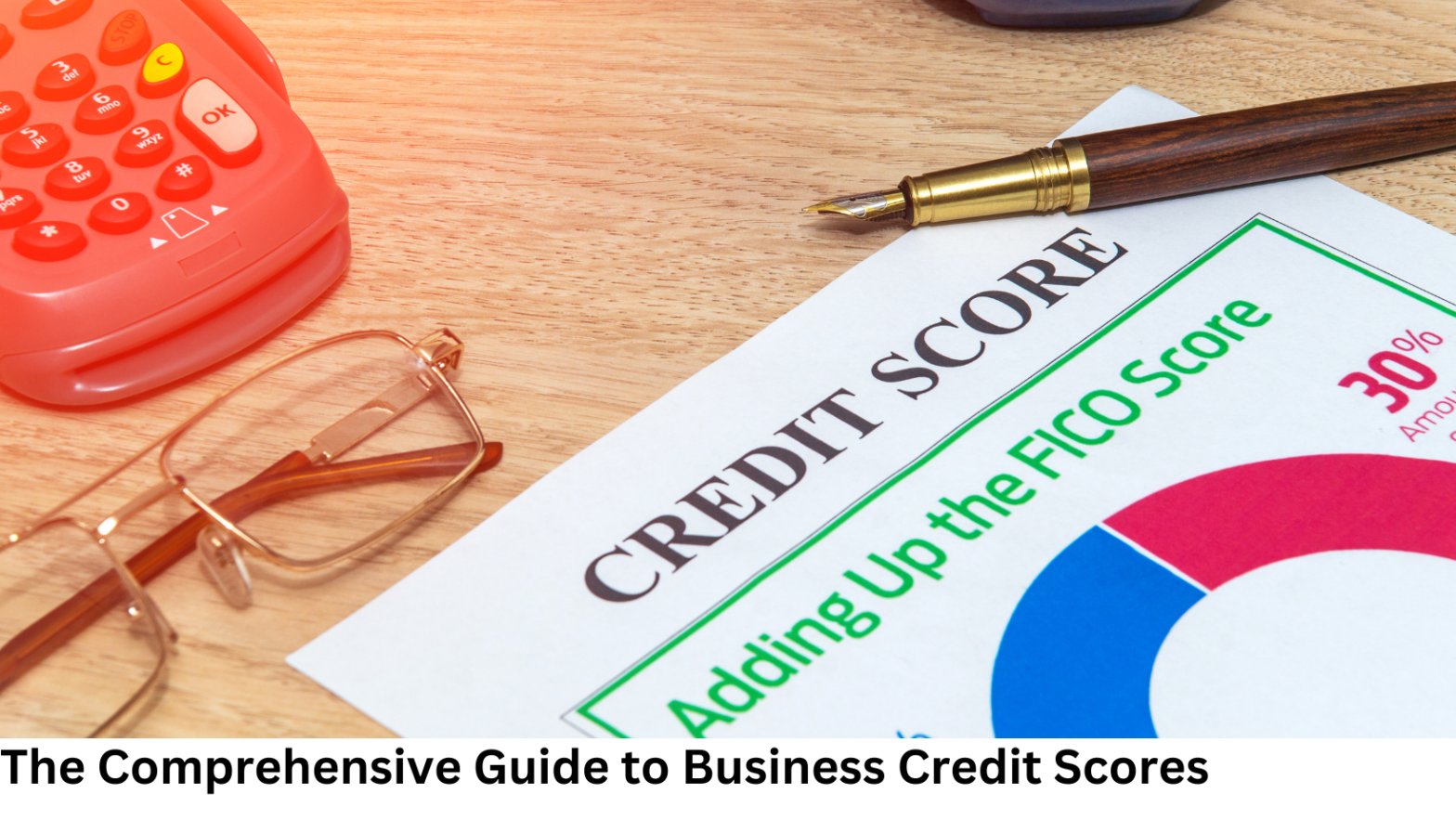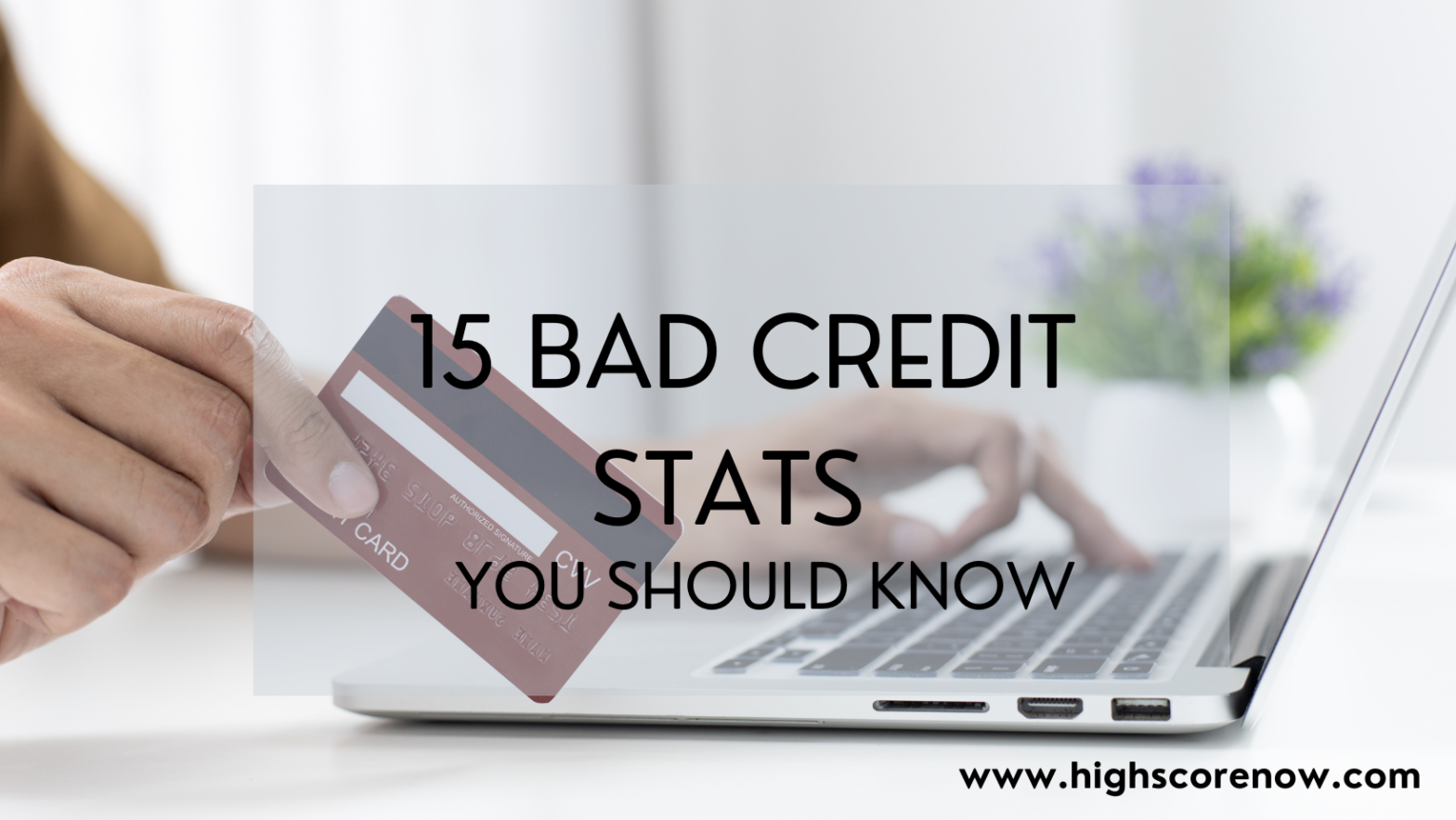As a business owner, one of the most important elements that you should consider is your business credit score.
Why should you aim for a high score? It will enable you to access lower rates when applying for business loans and even better terms when considering business insurance. On the other hand, a poor score can make it difficult to find institutions, insurers, and vendors that are willing to provide services to your business.
Therefore, in order to ensure the success of your business, it is essential to know how your business credit score contributes.
In this article, you will gain practical information on what is a business credit score and business credit report, how they are calculated, where you can get one, and finally the top benefits of having a good business credit score.
What Is a Business Credit Score?
A business credit score is a number that reflects the creditworthiness of a business. It is determined using information from a business credit report such as past payment performance, available credit/amounts owed, the type and size of the business, and other markers such as bankruptcies or tax liens.
For potential creditors to gain insight into your business’s financial stability and the likelihood of timely payments, they will refer to the following three major credit bureaus: Dun & Bradstreet, Equifax, and Experian. Each of these companies provide different scorecards.
The Dun & Bradstreet scoring system, for example, has two components: a delinquency predictor score and a failure score. The first one evaluates the probability of delayed payments, and the latter forecasts the chances of a business ceasing operations or going bankrupt in the next year.
It is also important to know that business credit scores, unlike individual credit scores, usually range from 0-100.
What Is a Business Credit Report?
The business credit report contains your business credit score and other relevant information regarding your company. For instance, Experian’s CreditScore report includes the business credit score alongside particulars of payment patterns, account histories and public records.
Different business credit bureaus maintain distinct records. All the data in these business credit accounts are open to the public. This means that other companies can pay money to access your information, and you can receive details concerning other companies as well.
How a Business Credit Score Is Calculated
It is important to know how your business score is calculated so that you can improve your company’s borrowing power, save money, and unlock growth and expansion opportunities.
The three leading credit bureaus have different metrics when calculating scores, but generally they all consider the same aspects, which are:
- History of payments made to debtors and suppliers.
- The size and age of your business.
- Information about your oldest financial account.
- Use of credit accounts.
- Established trading routes.
- Risk of business failure.
The primary sources of acquiring this data by the three leading business credit bureaus is:
- Vendors
- Banks
- Trade associations
- Credit card companies for businesses
How to Identify a Good Business Credit Score
Generally, the credit rating of a company is often better the higher it is, though the exact scores may vary depending on the credit bureau.
Dun & Bradstreet Business Credit Score
The most important scores used by Dun & Bradstreet are the Paydex score, failure score, and delinquency score.
- Paydex score (1 to 100): A score of 80 and above is seen as a low-risk indicator, a score between 50 and 79 shows moderate risk, and any score below 50 presents a high risk of late payment.
- Failure score (1,001-1875): A lower score indicates a greater chance of bankruptcy or a shutdown of operations in 12 months.
- Delinquency score (1-5): The lower the score, the better, as it lowers the risk of serious late payment (91-plus days) or bankruptcy.
In order to acquire a Paydex score, you must apply for a DUNS number, which is provided free of charge through Dun & Bradstreet’s web page. An example of a Dun & Bradstreet business credit report can be seen here.
Equifax Business Credit Score
The Equifax business credit report provides three different evaluations for companies: the payment index, the credit risk score, and the business failure score.
- Payment index (0 to 100): Reflects how regularly payments have been made in the past. The higher the score, the better the payment record, with 90 or higher showing bills are being paid on time.
- Credit risk score (101 to 992): It shows the probability of your company making payments that are significantly overdue. The higher the score, the less likely there is to be a risk.
- Business Failure Score (1,000 to 1,880): This measurement indicates the probability of a business shutting down over the course of a year. The lower the score, the more likely it is that the business will experience failure.
A rating of zero on a credit risk score or business failure score implies bankruptcy. Here is a demonstration of what an Equifax business credit report looks like: Equifax business credit report.
Experian Business Credit Score
The CreditScore report from Experian provides an assessment of the company’s credit score and an assessment of the probability of financial instability. It also provides data such as payment patterns, records of accounts, and public records.
- Business credit score (1 to 100): The risk of serious payment delinquencies decreases with an increase in the business credit score.
- Financial instability risk (1 to 5): The risk of default or bankruptcy in the next 12 months can be assessed based on a financial instability risk rating, where a lower score indicates less risk.
A sample of what an Experian business credit report appears like can be seen here.
The Top Benefits of Having a Good Business Credit Score
Establishing and developing business credit can be beneficial in a variety of ways. Below are some of the advantages:
- Improved conditions for company loans: Having an impressive commercial credit score can boost your prospects of securing a business loan or line of credit with beneficial terms.
- Reduces business insurance payments: As your company expands, the cost of business insurance can become expensive. A favorable business credit score may aid in keeping costs down.
- Having better payment arrangements with vendors: After you receive the goods or services, the length of time you have to pay the vendor or supplier can vary from 30 to 90 days. This is largely determined by the credit score of your business.
- Establishes your credibility: A good business credit score makes you credible in the eyes of customers and partners.
What Is the Process for Obtaining a Credit Score for My Business?
This is the process for obtaining the business credit score from all the significant credit bureaus:
- Dun & Bradstreet provides a complimentary report with limited access to four scores, available on its website. Should you choose to, you can pay a fee (ranging from $15 to $30 a month) for unlimited access and extra services.
- You can purchase an Experian CreditScore report online for the cost of $39.95 per report. Alternatively, one may subscribe to Experian’s Business Credit Advantage plan for a yearly fee of $189, granting them unlimited access, as well as alerts, monitoring and further analysis.
- To access your Equifax business credit score, you must have applied for a business loan or credit card. Contact an Equifax representative to receive the report, providing proof of the application. Fortunately, it is free of charge.
The Bottom Line
Good credit is the lifeline of your business. Company owners should take time to examine their business credit occasionally. Even though each bureau states that its information is checked thoroughly, errors could still appear on the company’s report. Generally, these can be rectified by getting in touch with the bureaus and providing proof that the details are incorrect.
Thank you for reading our article. We hope you learned new ways to battle creditors and banks while protecting yourself.
We would encourage you to become a member of HigherScoreNow.com and start to leverage all the benefits of having good credit. You deserve this.




